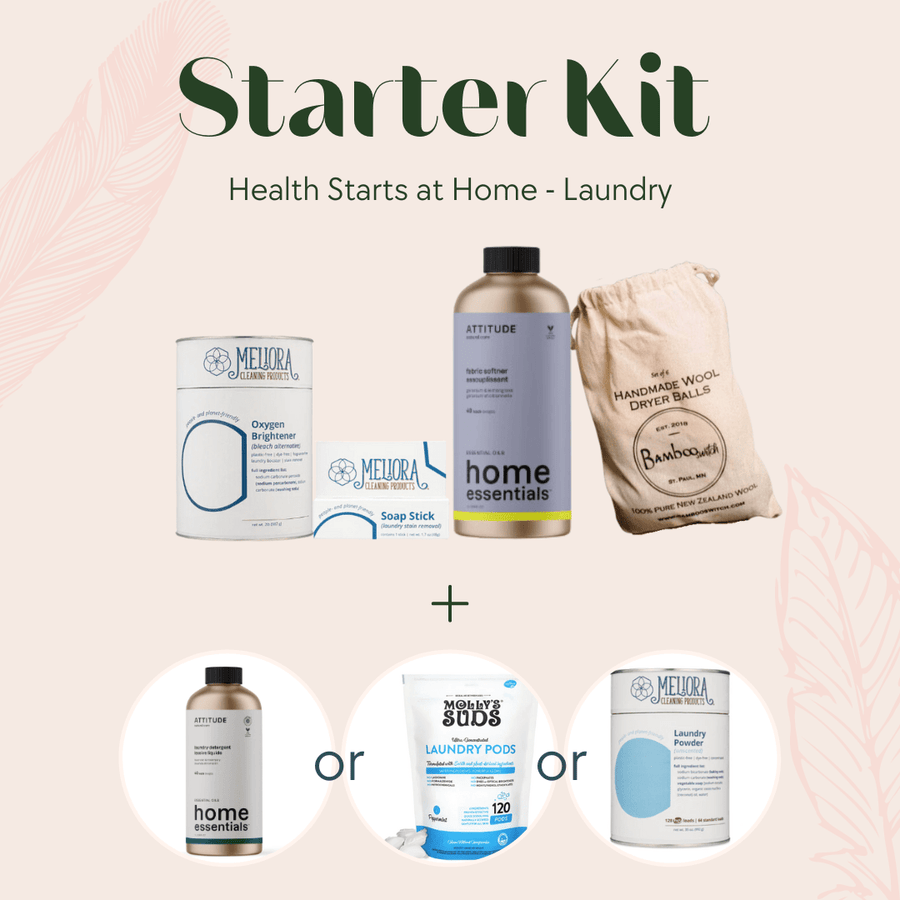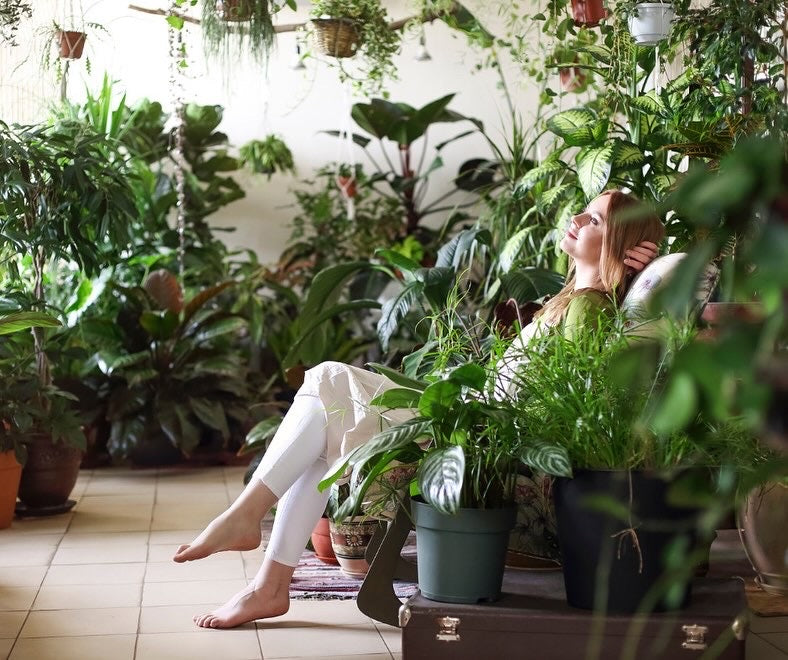Are Plastics as Bad as They Say?

In light of Earth Day April 22nd, I thought it made sense to dive into plastic. You have undoubtedly seen the heartbreaking images of sea life tangled up, ingesting, or being killed because of the plastic pollution in our oceans. This might be enough for you to ditch single-use water bottles and opt for refillable only, but if you’re like me, you probably still have many plastic containers in your everyday routine.
It turns out, sea creatures aren’t the only ones harmed by plastic, there are many environmental, and health, concerns you may not be aware of that could nudge you further towards plastic alternatives. There are also some great, and simple, resources below for reducing the use of plastics in your life. So, in honor of Earth Day, everyday – and as part of the Free Living Co mission to help make humans healthier through cleaner products – here is the “scoop” on plastic.
How Plastic is Made, Really.
Plastic is derived from 99% fossil fuels, essentially making it a blend of oil and 1000’s of chemicals, many of which are known carcinogens and other health violators. Not only does the exposure to these chemicals cause a human health hazard, but the production contributes in a significant way to our climate crisis.
There are 400 million tons of plastics created each year, that’s 44,444,444 elephants worth. The plastic and petrochemical industry’s projection is that volume will triple, or quadruple, by 2050. Any skiers out there? If those projections are accurate, the plastic emissions will equate to 615 coal plants, consuming 13% of the Earth's remaining carbon budget. Plastic production and powder days do not play well together.
Are You Eating Plastic? Unfortunately, Yes.
Plastic does not benignly degrade, rather, it converts to micro and nano plastics which are tiny plastic particles, smaller than a pencil eraser; some invisible to the human eye. They are harmful to the earth, to our bodies, and are sadly found in both, abundantly. Researchers have even found microplastics in the human heart and unborn fetuses.
The average human consumes a credit card worth (5g of plastic) per week. Not only is that difficult to imagine, but it takes a toll on our health, creating significant concerns such as cancer, heart problems, obesity, diabetes, impacts on eyes, skin, reproductive, immune, and nervous systems, and even birth defects. And yet, rarely would a medical professional tell you that the use of plastic is what caused your health issue – even with research to show it can be a significant contributor.
Can’t We just “Throw it Away”?
The Ocean: There are 8 million tons of plastic waste that enter our oceans releasing microplastics into our water and harming wildlife. Yes, there are amazing organizations like 4Ocean retrieving ocean-bound plastic and recycling it. However, some believe that recycled plastic is less stable and can release more nano and microplastics than virgin plastic. So, while cleaning up the ocean is essential, what to do with it continues to be an environmental and health conundrum.
The Landfills: Only 5% of plastic placed in your recycling bin gets recycled. Six times that amount is burned in incinerators, which is not only hazardous to human health, but expensive and terrible for the environment. For every ton incinerated, an equivalent ton of greenhouse gas is emitted. Remember what we said about plastic and powder days? The rest goes straight into the landfill. Two-thirds of all plastics ever produced remain in our environment in some form or fashion.
At Free Living Co we have an entire section of our store dedicated to less plastic, or plastic-free items. Not only can you change out Tupperware for food storage that is more durable and attractive, but you can also transition disposable items – traditionally packaged in plastic like deodorant, makeup, personal care, and household cleaners – to alternative materials like cardboard and aluminum, which are compostable or refillable.
Mothering Earth, a book by Julia Rockwell, available at Free Living Co, is packed full of simple steps busy families can take to reduce plastic and live more sustainably. This book contains real-life practical pearls, this is not a Kubutz or off-the-grid type recommendation.
The Cool Down, founded by Anna Robertson – a Park City neighbor – has great resources on ways to reduce plastic, including the dollar savings it will provide you and your family.
Wishing you a wonderful Earth Day filled with powder, sunny skies, fresh air, and abundant wildlife sightings. Any step you take to reduce the plastics in your world will benefit the things you love most in life, and in this great town we call home.
Live free,
Dana







Leave a comment